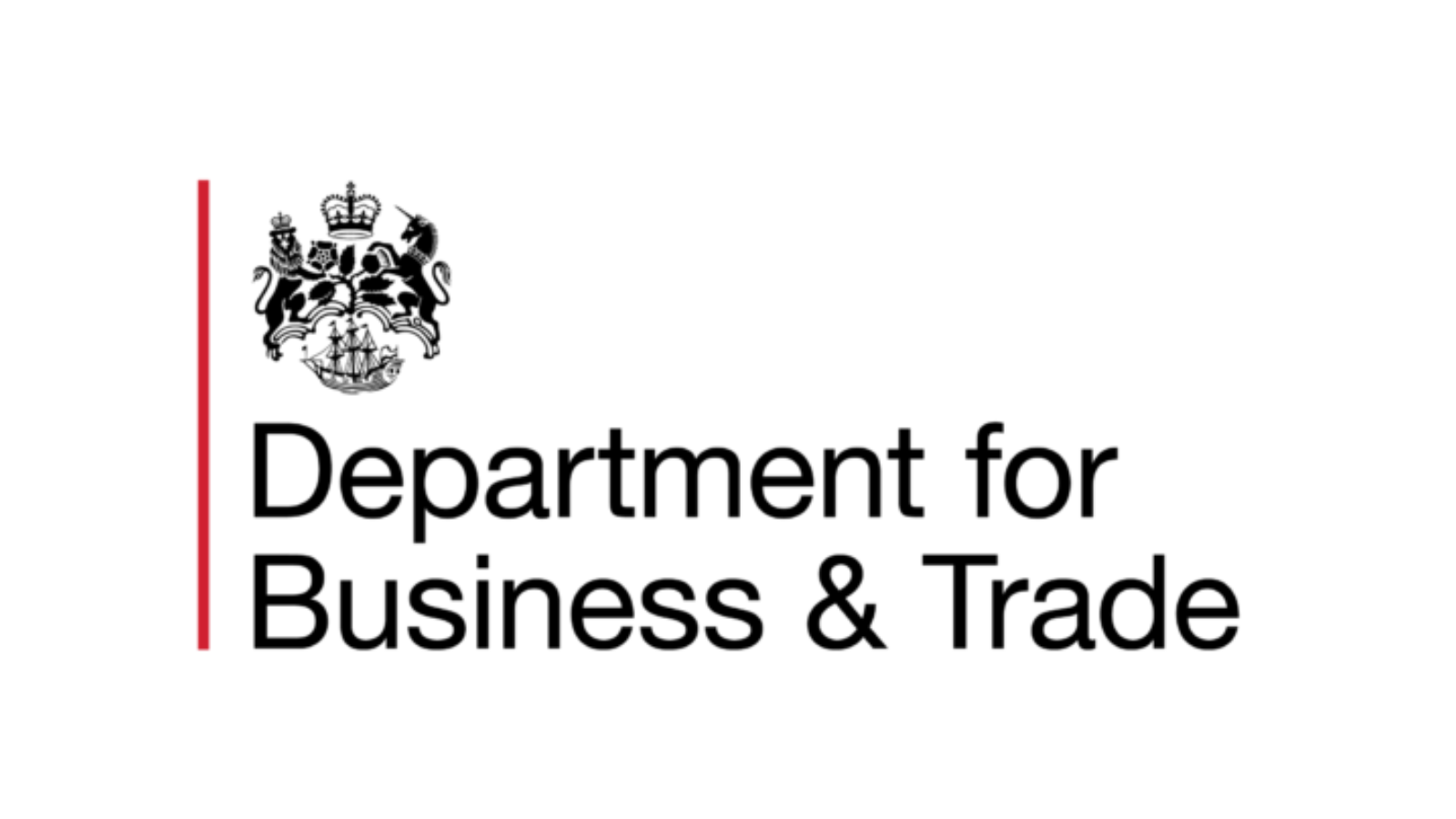Partners and Stakeholders

Greater Manchester Chamber has a strong network of Partners and Stakeholders ranging from world-leaders to regional stakeholders. This network has been carefully developed to create a group of progressive thought-leaders for Greater Manchester who meet regularly to discuss topical business issues and to share best practice.
We design each relationship to meet the individual objectives of each business whether it's a focus on representation, to facilitate new connections or to raise their profile within the Greater Manchester business community.

512 Manchester
Official sponsor of our International Trade Training Programme, which provides businesses with the knowledge required to remain compliant whilst running a successful export and import business.

Big Echo
Big Echo is making innovation clear and purposeful for traditional sectors. Innovation isn't just for tech giants - learn how you can use it for real business outcomes, through online resources, unique events, and bespoke projects.

British Chambers of Commerce
The British Chambers of Commerce represent a network of 51 Chambers that champion and support members all across the UK and in countries and markets around the world. Collectively, the network gives unparalleled insight into British business communities.

Cloud Facilities Services Group
Established in 2012, Cloud's mission is to deliver top-tier, eco-friendly solution for all spaces. Cloud Facilities Services Group established itself as THE cleaning & facilities service provider in a competitive market with their outstanding service and attention to detail.

Department for Business and Trade
The government department for economic growth. DBT supports businesses to invest, grow and export, creating jobs and opportunities across the country. Working alongside other key partners to promote international trade in Greater Manchester.

Eight Engines
Eight Engines’ mission is to make video that’s impossible to ignore, capturing the essence of unforgettable stories. We have a long history of creating jaw-dropping video campaigns, from commercial to broadcast, corporate to arts films.

Emirates Old Trafford
Not just one of the UK's leading international cricket venues; this venue is iconic and versatile, providing a dynamic and prestigious venue setting for all conferences and events, combining the traditions of cricket with modern design.

Enexus Energy
Energy is a complex world with costs increasing relentlessly. Enexus Energy helps you make sense of business energy, empowering you to reduce your costs and helping your organisation become more green.

Freeths
Freeths are a top 50, full service commercial law firm with 13 offices across the UK, covering a vast range of legal specialisms and providing market leading legal advice. Freeths is very proud to be approved as a certified B Corporation.

GMCA
The Greater Manchester Combined Authority (GMCA) is made up of the ten Greater Manchester councils and Mayor, who work with other local services, businesses, communities and other partners to improve the city-region.

Halle
The Hallé is proud to work with great artists from all over the world, and with singers and musicians from many walks of life. Innovation has been central to the Hallé since its foundation in 1858 by Sir Charles Hallé, a true pioneer.

JM Glendinning
JMG Group prides itself on providing services to high professional standards and securing competitive terms on a wide range of insurance. Built on a reputation as one of the UK’s leading insurance brokers through the high-quality team.

Manchester Central
Situated in the heart of Manchester and intrinsic to the region’s business community, the venue attracts over half a million visitors to the city each year, bringing approximately £150m into the local economy.

Manchester Metropolitan University
Working with students to help them start a business and with business owners to help them grow. In the last five years, the university has supported over 2,000 business owners, many achieving growth between 28-48% in the first 18 months after the programme.

Medilink
Medilink is a professional association representing organisations in the Healthcare Technology sector across the North of England. By enhancing connectivity and fostering innovation, Medilink helps to develop, connect and innovate to improve patient care.

Nybble
Nybble are a Northwest based complete IT Services company. As experts in the field, they enable your business to keep up to speed with the fast-moving world of IT and provide the GM Tech Support Service for all Chamber members.

Sustainable Energy First
Sustainable Energy First is an energy and sustainability consultancy, founded in 1997 to solve energy management problems in very large, complex commercial estates. Sustainable Energy First is a force for good within the energy and carbon sector.

The Growth Company
As a pioneering social enterprise founded on the principles of inclusive growth, The Growth Company has spent the last 35 years driving innovation in the delivery of insight, business, employment and skills support.

UK-Med
UK-Med is a Greater Manchester humanitarian medical charity. Born of the NHS, they’ve been working for over 30 years towards a world where everyone has the healthcare they need in crises or disasters.

University of Greater Manchester
The University of Greater Manchester supports business growth through access to a network of academic experts and sector specialists, mentoring and networking opportunities
